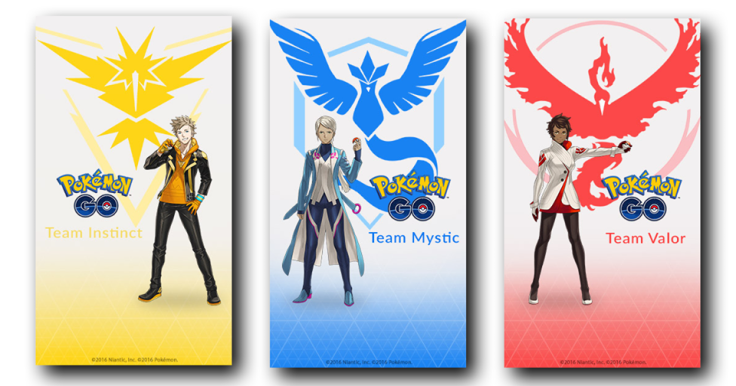'Pokemon Go' updates: Niantic to copy features of third-party providers and release more Pokemon

For weeks, “Pokemon Go” was everywhere -- gamers and non-gamers as well as fans and non-fans were all walking the streets in search of more monsters to capture. And while the hype dwindled down eventually, Niantic has plans for its future that are sure to bring it back to the forefront of the gaming world.
The trouble for “Pokemon Go” began when Niantic was unable to deliver on necessary updates and disabled third-party services. However, the game developer has, in the last few weeks, stabilized its systems and has been churning out updates, which have in turn provided a steady stream of new features. The game’s recent Halloween event saw US players increase by up to 20 percent.
In an interview with Eurogamer, Niantic’s chief marketing officer, Mike Quigley, discussed the road that “Pokemon Go” has been on. "The fire-fighting has ceased," he said. "Now, we can get back to developing core features." He admitted that the company was overwhelmed by the game’s popularity and that they were unprepared for it.
“But this has always been a marathon not a sprint,” he said.
READ: ‘Pokemon Go’ Halloween treats: More Candies, spooky Pokemon sightings for a limited time
While Niantic is looking to make internal additions to its company, it already has plans in place for the future of “Pokemon Go.” For instance, the game developer is trying to mimic the features that third-party servicers were able to provide players. Fans of the game will, theoretically, no longer need to keep searching for these providers before Niantic shuts them down.
The current system of “Pokemon Go” only covers the first generation of Pokemon. As announced by Niantic CEO John Hanke in September and reaffirmed by Quigley, Niantic will eventually roll out the more recent generations of Pokemon as well. However, Quigley was unable to advise when the roll out would actually occur. “There are things we have to test days, weeks, months in advance which might make the timeline hard to pinpoint - even for us,” he said.





















